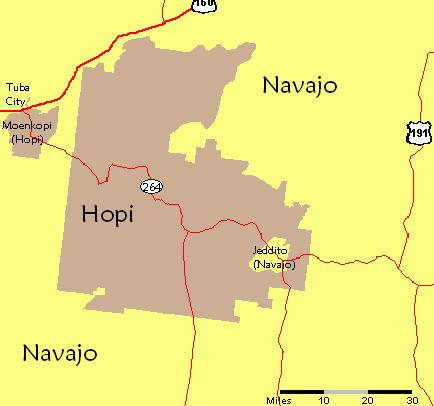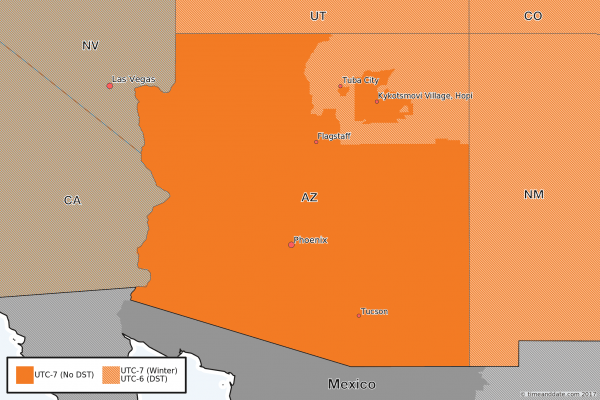


This division could hint at one of the big reasons why people really don’t like changing the clocks: It can be physically disruptive. But they were also less in favor of permanent daylight saving time than older people were, by 30 percent to 54 percent. To be clear, those younger people aren’t strongly in favor of keeping the clock change: They were just about as likely to say they didn't want to change the clocks (27 percent) as they were to say they weren't sure (31 percent). The Economist/YouGov poll found that an overwhelming majority of respondents 65 and over (77 percent) wanted to eliminate the twice-yearly time change compared with less than half of respondents age 18 to 29 (42 percent). Older Americans, it turns out, are also much more likely than younger Americans to dislike the time changes. But there was more consensus on the concept of changing the clocks than on the solution: Among the 63 percent of people who wanted to eliminate the practice of gaining or losing an hour, 48 percent said they wanted permanent daylight saving time, 29 percent said they wanted permanent standard time and 21 percent had no preference.

In an Economist/YouGov poll conducted days before the clocks changed in November, for instance, only 21 percent of Americans said they were looking forward to the end of daylight saving time coming up, while 34 percent said they weren’t looking forward to it 38 percent said they didn’t care.

Polling shows that people generally don’t like the disruption of gaining or losing an hour twice a year, although their feelings might not be as strong as politicians make it out to be. What everyday people actually want, though, isn’t as clear. So, a switch to permanent daylight saving time would be a boon for lots of industries - especially those for outdoor activities like sports and gardening. Instead, the real winners of daylight saving time are businesses, since people are more likely to go out and shop when they have an extra hour or two of sunlight after work. That doesn’t seem to be the case, though. The idea was that changing the clocks during the months with the most sunlight would encourage people to use less electricity. Originally, daylight saving time was implemented during World War I as a way to conserve energy. Of course, federal law doesn’t currently allow for permanent daylight saving time, so Congress has to take the lead, which is why the bill that just passed is a big step for proponents of daylight saving time. According to the National Conference of State Legislatures, 18 states have passed legislation or enacted resolutions that would switch to permanent daylight saving time if Congress allowed it (and in some cases, if surrounding states also made the change). In the past four years, support for making daylight saving time permanent has really gained steam, and not just in Congress. Because while longer afternoons and a consistent schedule are appealing, there’s a tradeoff - dark winter mornings. But we’ve been there before, and it’s still unclear whether Americans would actually like permanent daylight saving time if they got it. In other words, putting the whole country on daylight saving time year-round seems like a no-brainer. A Monmouth University poll conducted March 10-14 found that only 35 percent of Americans wanted to keep resetting their clocks every fall and spring, while a YouGov poll conducted March 16 found that 59 percent of Americans wanted to see daylight saving time made permanent. And it’s true that the annual clock-changing ritual is not especially popular. Supporters of the bill presented it as a gift for a groggy country struggling to get its sleep back on track. On Tuesday, just after Americans set their clocks an hour forward over the weekend, the Senate unanimously passed a bill that would make daylight saving time permanent (although they still have to send it to the House for consideration). Congress can’t agree on much lately - except, apparently, their hatred of changing the clocks twice a year.


 0 kommentar(er)
0 kommentar(er)
